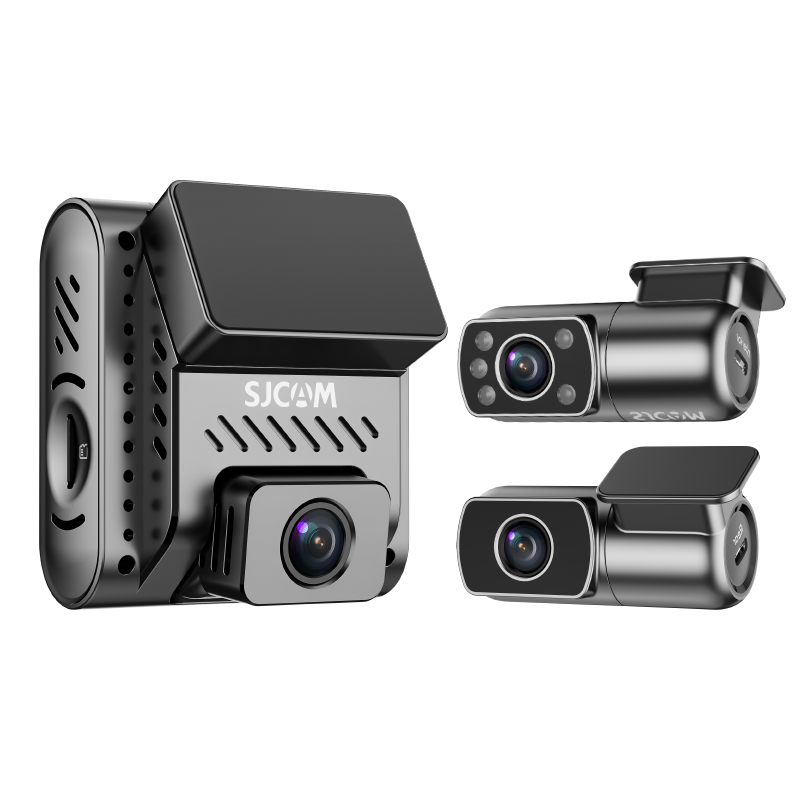The healthcare industry in Ireland is undergoing rapid transformation, especially within nursing, driven by the latest advancements in technology. With an increasing demand for skilled nurses and a focus on improved patient outcomes, understanding new nursing technologies is essential for those looking to work in Ireland’s healthcare system. From electronic health records to wearable health devices, modern technologies are reshaping nursing practices and creating dynamic job opportunities for nurses.
The Growing Demand for Nurses in Ireland
Ireland’s healthcare system is experiencing a significant increase in demand for nurses due to an aging population and a rise in chronic diseases. The COVID-19 pandemic also highlighted the need for a robust healthcare workforce, resulting in new career pathways and incentives for nurses. In particular, nurses with technical skills in healthcare technology are becoming highly sought after.
Overview of Technological Advancements in Nursing
Technology in nursing has evolved to improve patient care, simplify administrative tasks, and enhance the overall efficiency of healthcare services. Innovations like artificial intelligence, robotics, and data analytics are not just futuristic concepts but active components in Ireland’s hospitals today. This section will explore these advancements and their roles in enhancing nursing practices.
Electronic Health Records (EHR)
One of the most significant advancements in healthcare technology is the widespread adoption of Electronic Health Records (EHR). EHR systems allow nurses to access patient histories, medication lists, and treatment plans at the click of a button. This accessibility reduces paperwork, minimizes errors, and enables faster decision-making. Nurses in Ireland increasingly rely on EHR to streamline patient care and improve collaboration among healthcare providers.
Telehealth and Remote Patient Monitoring
With Ireland’s diverse geographic landscape, telehealth has emerged as a game-changer, especially for patients in rural areas who have limited access to healthcare facilities. Telehealth allows nurses to monitor patients remotely, conduct virtual check-ups, and provide follow-up care without requiring patients to travel long distances. This technology not only improves healthcare access but also reduces the strain on healthcare facilities.
Wearable Health Technology
Wearable devices such as heart rate monitors, glucose monitors, and fitness trackers are transforming how nurses monitor patients’ health. These devices can send real-time data directly to healthcare providers, allowing nurses to track patient health proactively. In Ireland, wearable technology is becoming popular among patients with chronic conditions, allowing nurses to manage care more effectively and intervene quickly when abnormalities are detected.
Artificial Intelligence in Nursing
Artificial Intelligence (AI) has paved the way for enhanced diagnostic capabilities and personalized patient care. AI tools can analyze patient data to predict outcomes, identify high-risk patients, and suggest potential treatment options. This technology is particularly beneficial for nurses as it streamlines workflows, allowing them to focus more on patient care rather than administrative tasks. In Ireland, AI is used in hospitals to manage patient triage, allocate resources efficiently, and improve overall patient outcomes.
Robotics in Nursing
Robotic technology is not only helping with surgeries but is also playing a crucial role in nursing care. Robots assist with patient mobility, lifting, and transportation, significantly reducing physical strain on nurses. In some Irish hospitals, robotic systems are being used to distribute medication, reducing the workload of nurses and allowing them to dedicate more time to patient care.
Mobile Health Apps and Nursing Efficiency
Mobile health (mHealth) apps have revolutionized how nurses manage schedules, monitor patient status, and communicate with colleagues. Apps like the Health Service Executive’s (HSE) online resources allow nurses in Ireland to access critical information, manage appointments, and update patient records from their mobile devices. Such tools enhance productivity and enable nurses to provide better, faster care.
3D Printing in Healthcare
3D printing has introduced new possibilities in creating prosthetics, medical models, and even complex tissue structures. In Ireland, 3D printing is being explored in hospitals to help nurses create custom medical devices, leading to improved patient care. This technology is also used in training environments, where nursing students practice with anatomically accurate models, improving their skills before interacting with real patients.
Virtual Reality for Nursing Education
Virtual Reality (VR) is an exciting tool in nursing education, allowing students to immerse themselves in realistic healthcare scenarios. VR simulations provide a safe environment for nurses to practice skills, such as inserting IVs, without the risks associated with real-life practice. Irish nursing schools are adopting VR to enhance student training, ultimately preparing them for real-world challenges.
Genomics and Precision Medicine
Genomic technology and precision medicine are rapidly advancing fields that impact nursing. Nurses play a critical role in interpreting genetic information for patients and personalizing treatment plans. In Ireland, precision medicine is becoming integral in treating complex diseases, with nurses on the frontline helping patients understand their unique treatment pathways.
Data Analytics in Nursing
Data analytics in healthcare involves collecting and analyzing patient data to inform better care decisions. For nurses, understanding data trends can help in early detection of potential health issues, providing preventative care, and improving patient outcomes. In Irish hospitals, data-driven insights enable nurses to make informed decisions, contributing to a more proactive approach to healthcare.
Challenges and Ethical Considerations
With the rise of technology in healthcare, nurses face challenges such as adapting to new systems, maintaining patient confidentiality, and balancing ethical concerns. Privacy and data security are particularly crucial, as nurses work with sensitive patient information daily. Irish healthcare facilities are increasingly providing training and resources to help nurses navigate these challenges, ensuring they are equipped to handle the ethical responsibilities tied to technology use.
Conclusion
Nursing jobs in Ireland are experiencing a significant transformation due to advancements in healthcare technology. From EHR to AI-driven diagnostics, technology has enabled nurses to work more efficiently, offering better patient care. With the right training and skill development, Ireland’s nurses can embrace these technological tools and continue to make a meaningful impact on healthcare outcomes.


